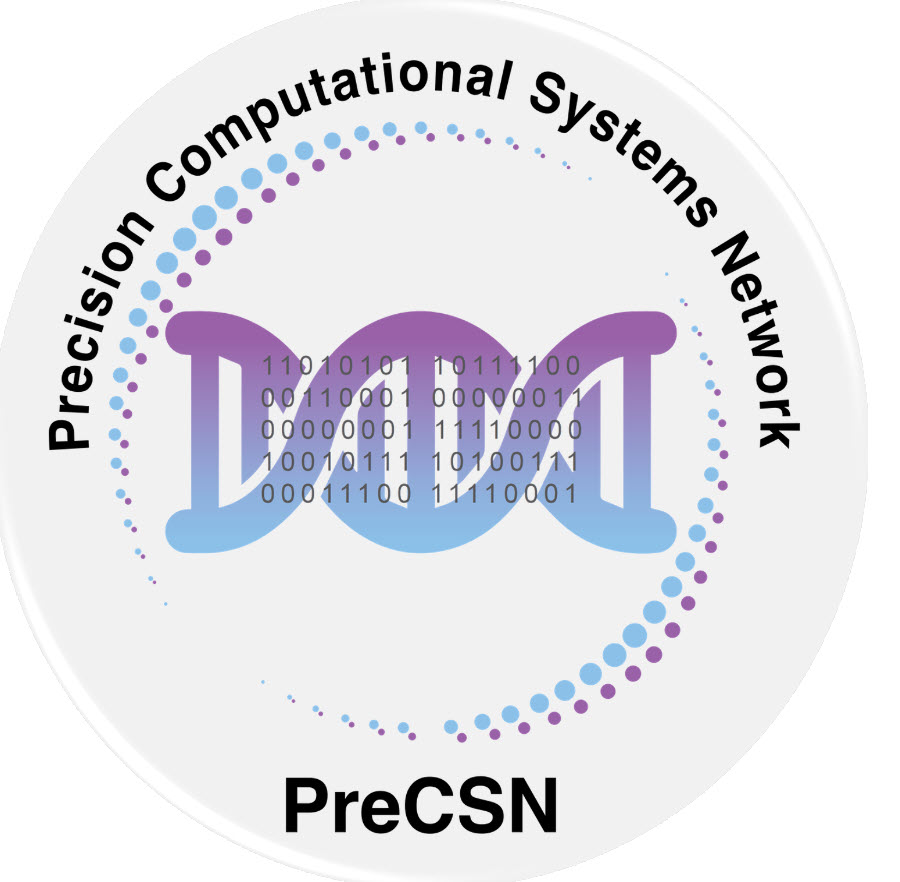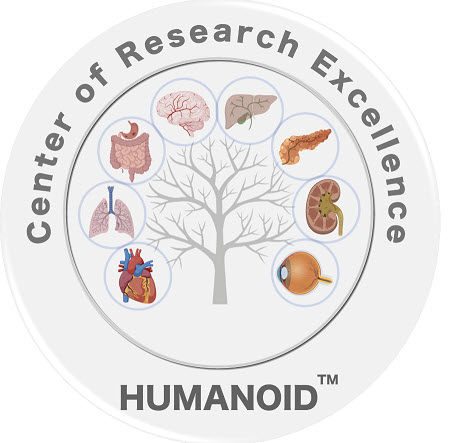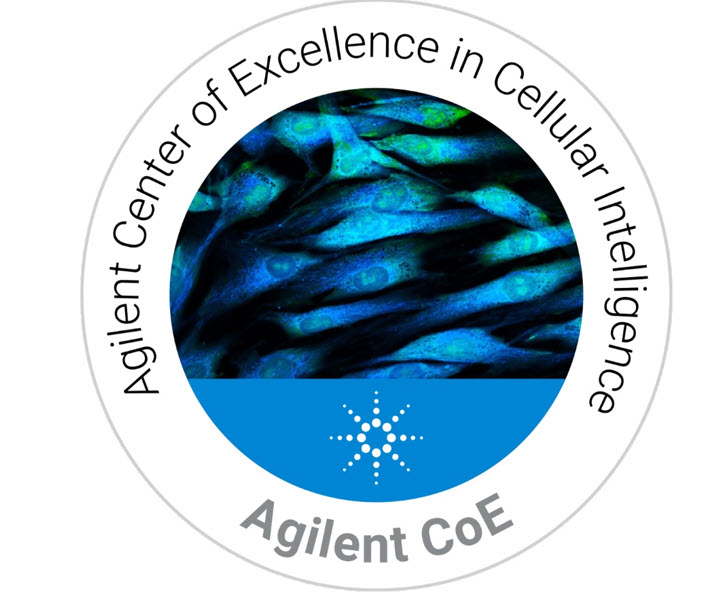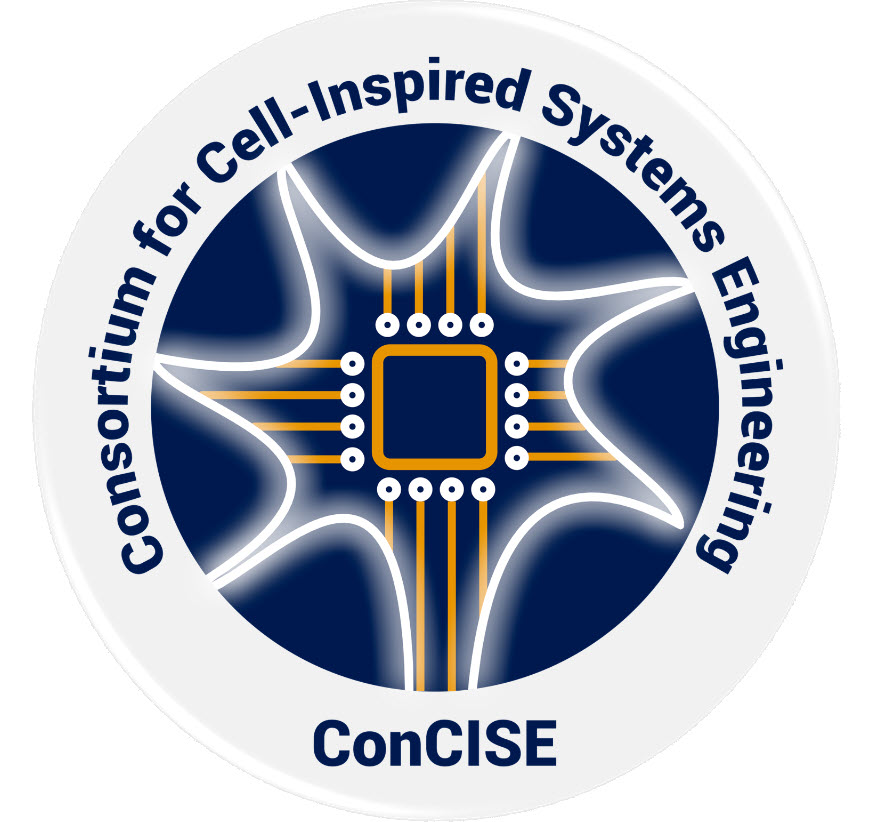 ALERT
ALERT **Important for iLab Users**
The Help link in iLab opens an email to contact Support. To submit or track requests, visit: Submit and Track Support Requests
 |
| [Click Here] |
 |
 |
 |
 |
 |
|
Build Actionable Network Find fundamental patterns and discover high-value biomarkers and drug targets using powerful and complex big-data derived biological networks.
|
Meet Us at Phase ‘Zero’ Reverse-engineer complex human organs and tissues to test predictions and advance fundamental discovery research and preclinical.
|
Measure across scales Provides a complete suite of high-end equipment that promises to modernize readouts of cell fate, state and trait – in vitro and in tissues-- thereby erasing pain points in quantitative cell analyses.
|
Decode Nature’s Designs Build virtual human cells to better understand how they lose or gain robustness and how cellular communication systems can be precisely manipulated to intervene.
|
Services: |
|||
|
• Target Report card
|
•Organoid Media (Growth, freezing, transport, etc.)
• Access to disease models (Ulcerative Colitis, Crohn’s, colon cancer, [IBS & NASH/NAFLD coming soon]) • Co-culture model to study the interaction between microbes, epithelial cells, and immune cells • Mouse organoids are also supported. • Training and Workshops |
Equipment usage and technical support: • XFPro Seahorse system • xCELLigence RTCA eSight system • 1290 Infinity II Bio LC System • BioTek Cytation 10 • NovoCyte Panteon Flow Cytometer • Dako Autostainer Link 48
|
No services currently
|
Payment of fees for data analysis services and authorship on publications, grants, and/or patents are not mutually exclusive. Depending on their contributions to a project, HUMANOID Core scientists should be considered collaborators at the same level as other academic colleagues who contribute intellectually and receive funding for work on a project. We follow the general guidelines for authorship laid out by most Journal Editors. The recovery of Core expenses through the recharge system does not exclude the possibility for authorship for Core personnel. Similarly, authorship does not substitute for payment of Core expenses for services rendered.
Please acknowledge the appropriate entities (UC San Diego’s PreCSN, HUMANOID CoRE, and/or ACoE) when crediting our contributions to written works. Depending on the project scope, grants may need to be cited. Please contact us to ensure appropriate citation of funding source.
Raw data sets submitted to us and analysis results will be stored on our servers for 30 days after completion of analysis. It is the responsibility of requestors to backup all pertinent files on their own internal or cloud storage systems.
Center for PreCSN:
Interim Director: Saptarshi Sinha, Ph.D, sasinha@health.ucsd.edu
Founding Director: Pradipta Ghosh, M.D, prghosh@health.ucsd.edu
HUMANOID Center:
Program Manager and Center Director: Courtney Tindle, M.S, humanoidcore@health.ucsd.edu
Founding Director: Pradipta Ghosh, M.D, humanoidcore@health.ucsd.edu
Agilent Center of Excellence:
Operations Manager: Kevin Perry, B.S, agilentcoe@health.ucsd.edu
Founding Director: Pradipta Ghosh, MD, agilentcoe@health.ucsd.edu
| Hours: | Location: |
|
Monday - Friday: 8am - 5pm |
PreCSN: Virtual HUMANOID CoRE: George E. Palade Bldg, Room 238, Bays E-I ACoE: George E. Palade Bldg, Room 233, Bay 238 DD |
| Name | Role | Phone | Location | |
|---|---|---|---|---|
| Courtney Tindle |
Program Manager and Center Director
|
humanoidcore@health.ucsd.edu
|
George E. Palade Bldg, Rm 232, Bay E
|